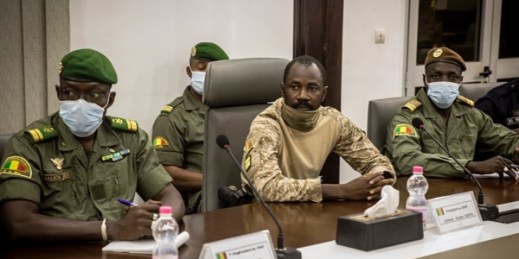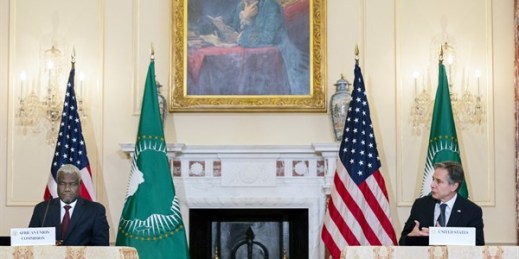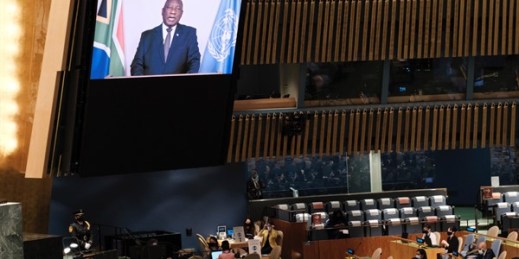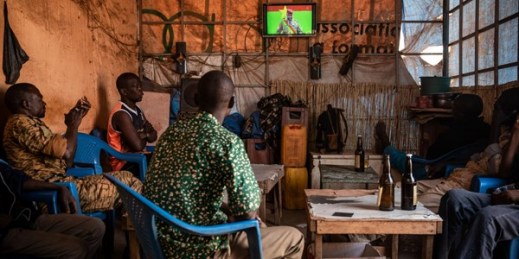
The court of the West African Economic and Monetary Union yesterday ordered that sanctions imposed on Mali by West African leaders should be lifted. Along with the Economic Community of West African States, or ECOWAS, the eight-nation grouping known by its French-language acronym UEMOA had imposed economic and financial restrictions on Mali in January, after the country’s interim military government reneged on a pledge to hold elections by February 2022 as part of Mali’s return to civilian rule. UEMOA had instructed all financial institutions under its jurisdiction to suspend Mali immediately and cut off its access to regional financial markets. […]



